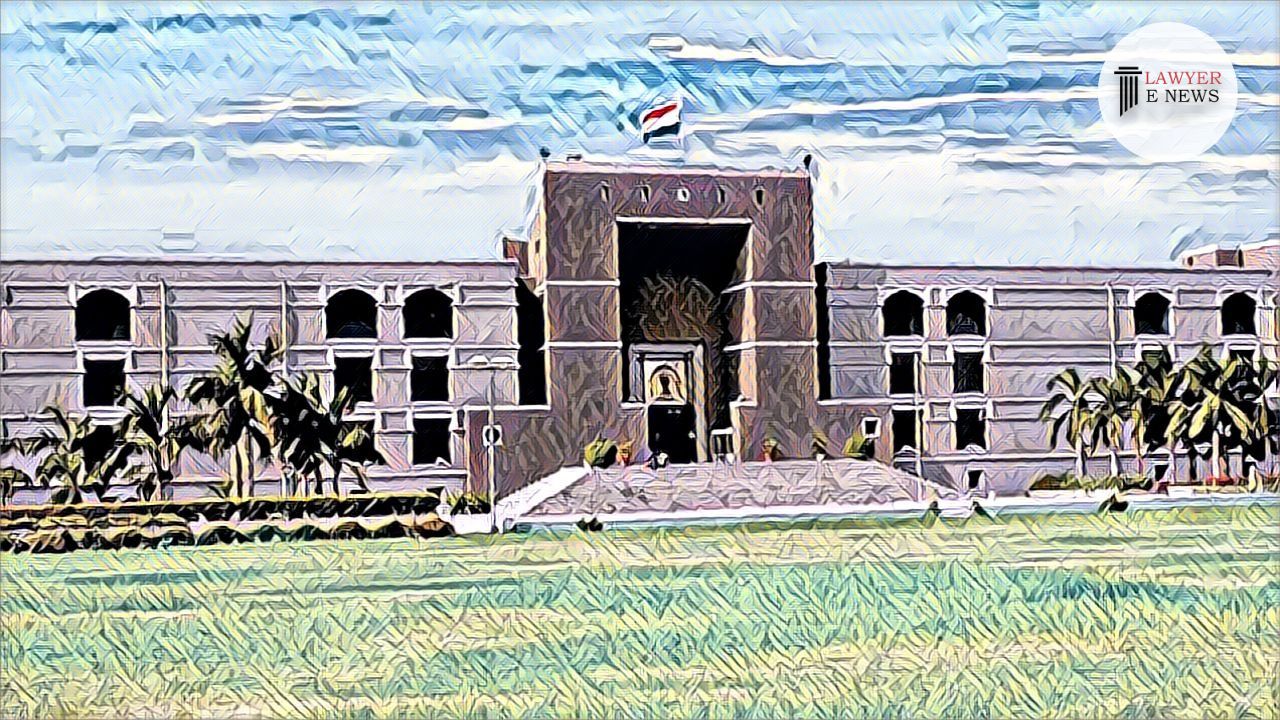-
by Admin
15 February 2026 2:36 AM



Division Bench emphasizes limits of contempt jurisdiction, directs adherence to proper legal framework in school headmistress appointment case.
The Kerala High Court has set aside an order by a single judge in a contempt case involving the appointment of a headmistress at A.U.P. School, Karakunnu. The Division Bench, comprising Justices Anil K. Narendran and Harisankar V. Menon, directed the single judge to proceed with the case following the legal framework. The judgment highlights the importance of adhering to the limits of jurisdiction in contempt proceedings.
The case revolves around the appointment of Nalini M., a teacher at A.U.P. School, Karakunnu, as the headmistress. The school’s manager, C. Subramanian, contested her appointment, leading to a series of legal battles. An interim order dated January 5, 2024, maintained the status quo, which was later vacated on March 1, 2024. Nalini sought the enforcement of an earlier court directive for her reinstatement, which the manager challenged.
The Division Bench discussed the maintainability of the appeal under Section 19(1) of the Contempt of Courts Act, 1971. It emphasized that appeals under this section are viable only against orders imposing punishment for contempt, not interlocutory orders or procedural directionsThe court highlighted the limits of the jurisdiction of a contempt court. It stated that the single judge’s order exceeded these boundaries by issuing a positive directive rather than merely ensuring compliance with the existing order. The Bench cited precedents to underline that a contempt court cannot adjudicate on the merits of the dispute or issue new directions beyond enforcing compliance.
The Division Bench noted that the single judge’s direction to the Assistant Educational Officer to ensure compliance with previous court orders was beyond the scope of contempt jurisdiction. The court reaffirmed that contempt proceedings should focus on compliance with existing orders without delving into new directives or assessments.
The judgment referenced several Supreme Court decisions to substantiate its stance on the maintainability of contempt appeals and the jurisdictional limits of contempt courts. It highlighted that the initiation of contempt proceedings does not automatically entail a right of appeal unless there is an imposition of punishment or a significant legal determination affecting the parties' rights. The court stressed that the rightness or wrongness of the original order cannot be contested within contempt proceedings; the focus must remain on compliance.
The Bench stated, "While dealing with an application for contempt, the Court cannot traverse beyond the order, non-compliance with which is alleged. It cannot test the correctness or otherwise of the order or give additional direction or delete any direction".
The Kerala High Court’s decision underscores the importance of adhering to jurisdictional limits in contempt proceedings. By setting aside the single judge’s order and directing proper procedural adherence, the judgment reinforces the legal boundaries within which contempt cases must operate. This ruling will likely influence future cases, ensuring that contempt courts remain focused on compliance rather than adjudicating on the merits of underlying disputes.
Date of Decision: June 19, 2024
Subramanian v. Nalini M. & Anr.
